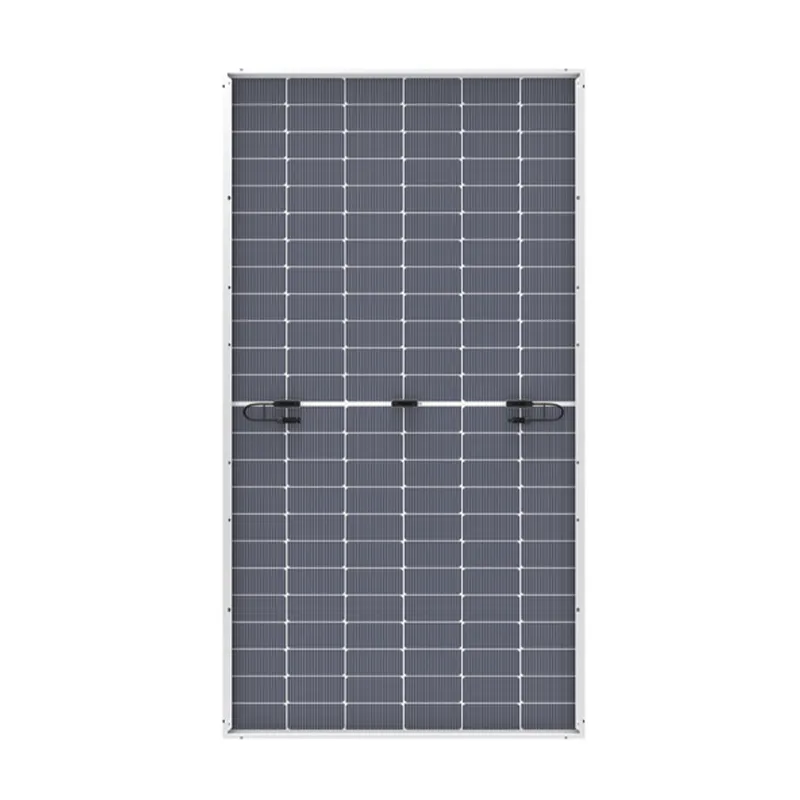solar panel off grid system
Off-Grid Solar Panel Systems Empowering Sustainable Living
In recent years, the quest for sustainable energy sources has become a priority for both individuals and communities. Among the various options available, off-grid solar panel systems have emerged as a popular choice for those looking to reduce their carbon footprint, achieve energy independence, and embrace a more sustainable lifestyle. This article delves into the features, benefits, and considerations associated with off-grid solar panel systems.
What is an Off-Grid Solar Panel System?
An off-grid solar panel system is designed to operate independently of the traditional electricity grid. Unlike grid-tied solar systems that rely on local utility companies for power, off-grid systems store energy generated from solar panels in batteries, ensuring a reliable energy supply even when sunlight is not available. This capability makes them ideal for remote locations, temporary setups, or for those seeking to live completely independent of the grid.
Components of an Off-Grid Solar System
The fundamental components of an off-grid solar system include solar panels, a charge controller, batteries, and an inverter.
1. Solar Panels These are the primary energy producers, converting sunlight into electricity. The number of panels needed depends on the energy consumption and sunlight availability of the location.
2. Charge Controller This device regulates the voltage and current coming from the solar panels to the batteries, ensuring they are charged efficiently and protecting them from overcharging.
3. Batteries The heart of an off-grid system, batteries store excess energy generated during sunny days for use during cloudy periods or at night. The size of the battery bank is crucial in providing enough power during energy usage peaks.
4. Inverter Since solar panels produce direct current (DC), an inverter is necessary to convert this DC into alternating current (AC), which is the standard electric current used by home appliances.
Benefits of Off-Grid Solar Systems
1. Energy Independence Perhaps the most significant advantage of off-grid solar systems is the autonomy they provide. Homeowners can generate their own electricity without relying on external sources, protecting them from fluctuating energy prices and potential blackouts.
solar panel off grid system

2. Environmental Benefits Off-grid systems harness renewable solar energy, dramatically reducing reliance on fossil fuels and lowering greenhouse gas emissions. This contributes to a cleaner, healthier environment.
3. Cost Savings While the initial investment in solar technology can be substantial, off-grid systems can lead to significant long-term savings. Users eliminate or drastically reduce their electricity bills, and government incentives may further offset installation costs.
4. Adaptability Off-grid solar systems are particularly useful in remote areas where traditional power lines are unavailable or prohibitively expensive to install. They can also be tailored to meet the specific power needs of a home, ensuring efficient energy use.
Considerations When Going Off-Grid
While the benefits can be enticing, transitioning to an off-grid solar panel system requires careful planning and consideration
1. Energy Needs Assessment It's critical to evaluate and quantify household energy consumption. This assessment determines the size and capacity of the solar system necessary to meet energy demands.
2. Initial Costs The initial setup cost of an off-grid solar system can be high. However, potential long-term savings and incentives often justify this initial expense.
3. Battery Maintenance Batteries require regular maintenance and have a limited lifespan. Users must consider replacement costs and the maintenance involved in ensuring the system runs efficiently.
4. Weather Dependence The generation of solar energy is reliant on sunny weather. In regions with frequent cloud cover or long winters, users should consider supplementing their systems with backup generators or alternative energy sources.
Conclusion
Off-grid solar panel systems represent a significant step toward a more sustainable and self-sufficient energy future. By offering independence, environmental benefits, and the potential for cost savings, they empower individuals and communities to take control of their energy production. As technology advances and costs continue to decrease, off-grid solar systems will likely become an increasingly viable option for more people, paving the way for a greener, more resilient planet.
-
Unlocking Energy Freedom with the Off Grid Solar InverterNewsJun.06,2025
-
Unlock More Solar Power with a High-Efficiency Bifacial Solar PanelNewsJun.06,2025
-
Power Your Future with High-Efficiency Monocrystalline Solar PanelsNewsJun.06,2025
-
Next-Gen Solar Power Starts with Micro Solar InvertersNewsJun.06,2025
-
Harnessing Peak Efficiency with the On Grid Solar InverterNewsJun.06,2025
-
Discover Unmatched Efficiency with the Latest String Solar InverterNewsJun.06,2025







